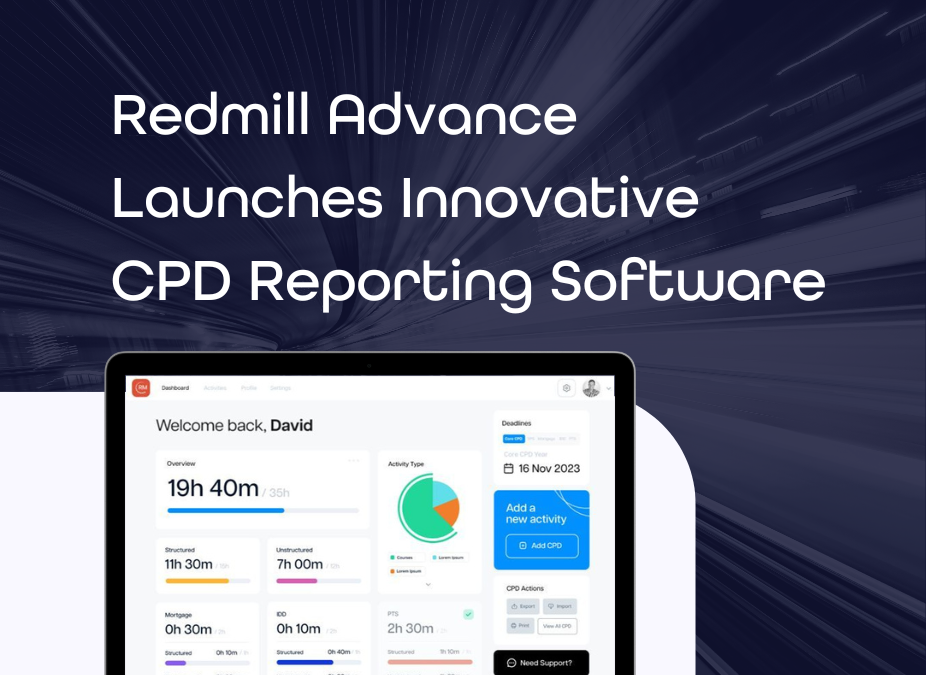‘No one wants to pay more than they have to for a given product’
I was recently reading an excellent article by a good friend of my mine about cost versus value, writes Jon Dodson, technical and propositions manager at Redmill Advance. The article captured succinctly the concept of looking beyond cost to see the value we derive from a product or service.
Obviously, this is sometimes easier said than done, particularly when, as a consumer, we may not be an expert in the area being discussed, and that’s why great guidance or advice is not only useful but, in many cases, essential.
It really got me thinking about financial services clients and particularly investment approaches.
As an industry, we have accepted that, over the long term, asset allocation in its broadest sense drives over 90% of portfolio returns. And that by extension, timing and security selection play important but more minor roles.
The provocative but actually quite reasonable question that may follow from this is given that clients pay an awful lot of money to investment managers, how can that possibly be justified if the above is true? Just think of the cost of some discretionary investment arrangements.
Fact-finding and wording
The answer to this is centred on that that the client’s values beyond investment returns. Or more specifically, given the in-depth understanding, we have achieved through the factfinding process, ensuring the investment approach brings value to the client based on their specific needs, objectives and desires.
Problems, should they occur, tend to arise in two places:
- The factfinding process has not gone to sufficient depth to justify the specific recommendations – i.e. a sufficiently deep conversation to understand the client’s values have not taken place or has not been documented; and
- The wording used in the suitability letter/report states generic features and/or reflects a house view rather than being specific to the individual.
It’s really the second of those I’ve personally seen most of, with either wording lifted straight from an investment brochure or paragraphs used that will ‘get through compliance checking’
Essentially, the secret to getting it right is to put the ‘house view’ down when writing suitability.
Less of – You said x. This investment approach meets that need by doing y. More of – You told me that being able to x is really important to you. To help you achieve that I have recommended y. Y will help you do more of x because…
It’s that last bit that gets missed most often. Framing the investment approach and product selection in a way that makes it clear how the specific features are not only generically speaking advantages but bring benefit to the client in terms of delivering the specific objective in a way that is reflective of their values is the bullseye.
The vast majority of us are ‘cost conscious’ when making a purchase – no one wants to pay more than they have to for a given product.
However, clearly understanding the specific, personal value that is provided by a product helps us reconcile the costs and appreciate the subjective utility that it delivers.
This article was written for International Adviser by Jon Dodson, technical and propositions manager at Redmill Advance (part of Redmill Group)
TAGS: REDMILL ADVANCE




